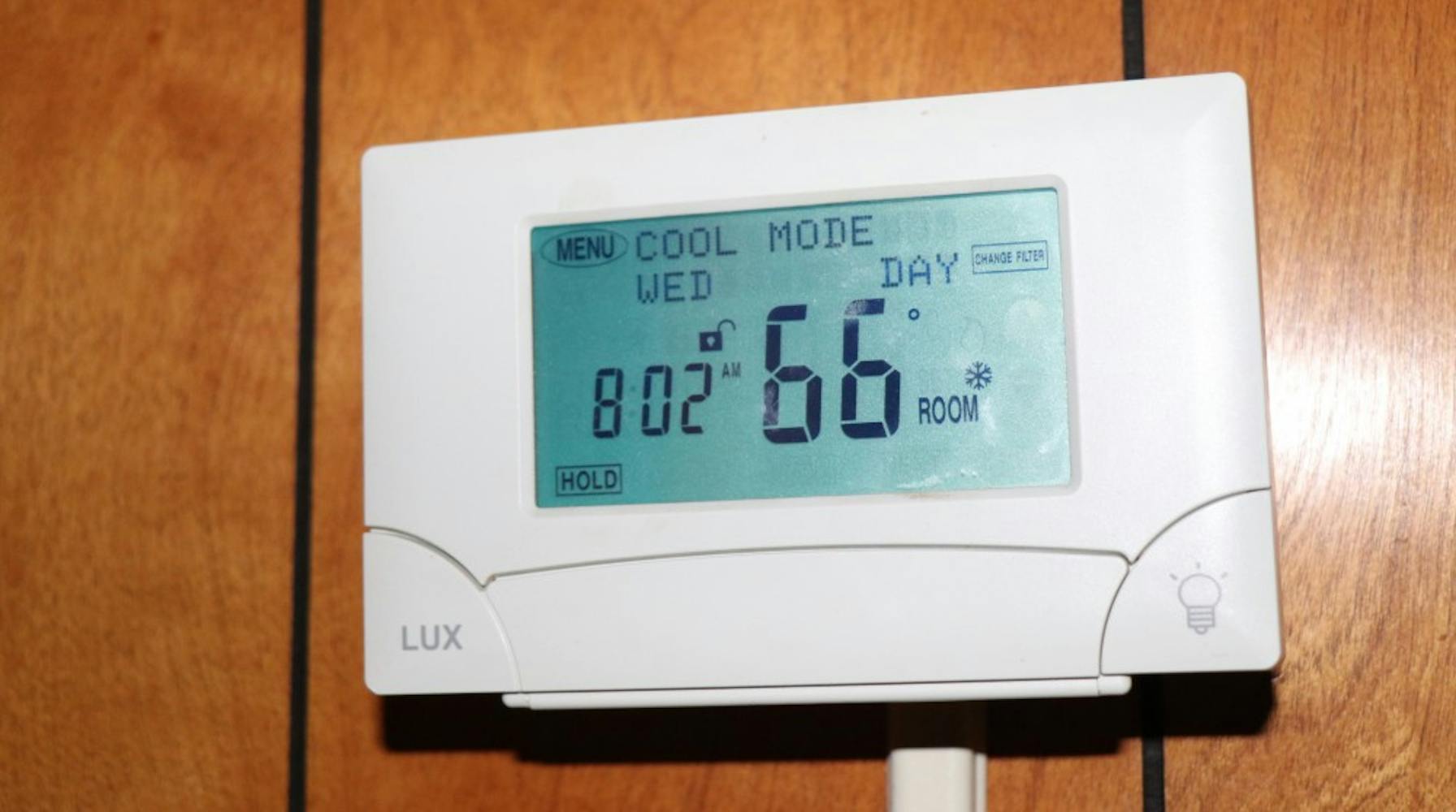Throughout the hottest days of the school year, Otterbein University's Office of Facilities Services is asking staff, faculty and residents to turn off air conditioners.
Alexis Hefley, a sophomore music performance major, said classrooms on the second and third floors of campus buildings have been hotter than normal this year. She said residence halls have also been uncomfortable.
"It's very unpleasant to be in my room, especially because I live on the third floor," said Hefley. "It's kind of hard to sleep, and it's kind of hard to just be comfortable in it."
Over the past month, staff, faculty and students received three emails asking the Otterbein community to conserve energy by raising thermostats, turning off air conditioners and turning off lights during time frames of about three hours each.
The first email, sent on Aug. 23, called this process an “electrical load reduction exercise." The next two emails, sent Sept. 4 and 5, said it was in support of the city of Westerville Electrical Division.
According to AccuWeather, the temperature high on these two days was over 90 degrees.
Executive Director of Facilities Management and Planning Troy Bonte said, “We’re hoping that by doing these little exercises from time to time, people will become more aware of [energy consumption], and we can start changing behaviors.”
Bonte pointed to two reasons for the energy reduction exercises.
The August reduction was due to a ‘Demand Response’ called in by Otterbein’s electrical distributor, PJM. PJM asks customers to reduce their use of electricity to maintain their grid’s stability. In return, the university would receive financial compensation.
The two September reduction exercises were due to a partnership between Otterbein and the city of Westerville. If the city goes over their maximum power, they will pay more for electricity, and the entire community’s rates would go up. To avoid higher rates, Otterbein has agreed to cut back on consumption when needed.
Bonte said that only the motor, also known as the chiller, of the cooling systems is turned off during energy reduction exercises. He said that although temperatures may slightly increase, the chillers could be off for about six hours without anyone noticing.
“I think our goal is to get the word out about energy and how energy is being used and save it where we can," said Bonte.










